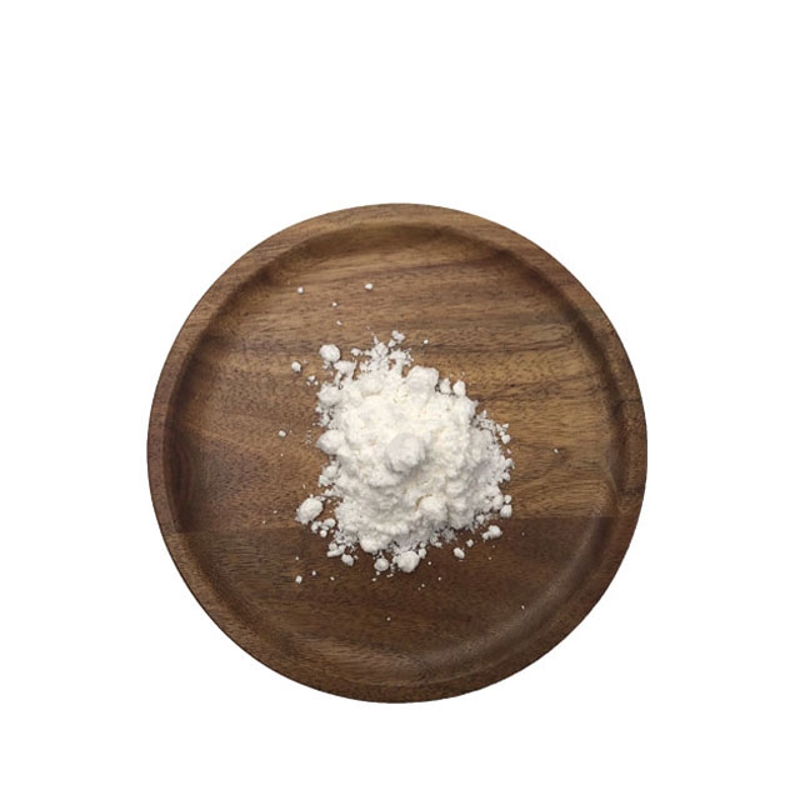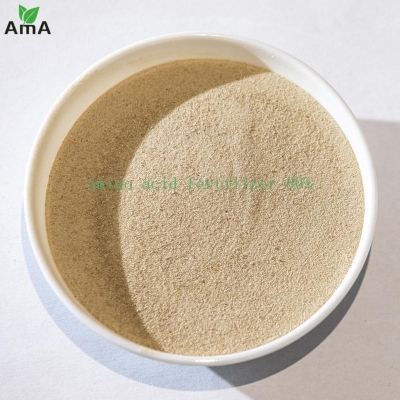-
Categories
-
Pharmaceutical Intermediates
-
Active Pharmaceutical Ingredients
-
Food Additives
- Industrial Coatings
- Agrochemicals
- Dyes and Pigments
- Surfactant
- Flavors and Fragrances
- Chemical Reagents
- Catalyst and Auxiliary
- Natural Products
- Inorganic Chemistry
-
Organic Chemistry
-
Biochemical Engineering
- Analytical Chemistry
- Cosmetic Ingredient
-
Pharmaceutical Intermediates
Promotion
ECHEMI Mall
Wholesale
Weekly Price
Exhibition
News
-
Trade Service
Today, Adaptimmune Therapeutics announced that it has reached a research and development cooperation and licensing agreement with Genentech, a subsidiary of Roche
Adaptimmune will be responsible for the use of induced pluripotent stem cell (iPSC)-derived allogeneic cell technology platform to generate T cells, and Genentech will be responsible for the design of T cell receptors (TCR)
Adaptimmune will be responsible for the use of induced pluripotent stem cell (iPSC)-derived allogeneic cell technology platform to generate T cells, and Genentech will be responsible for the design of T cell receptors (TCR)
According to the agreement, Adaptimmune will receive an upfront payment of US$150 million, and it is possible to receive more than US$3 billion in R&D, regulatory and promotion milestone payments
The use of iPSC to generate natural killer (NK) cells.
The use of iPSC to generate natural killer (NK) cells, T cells and macrophages has become a hot spot in the field of cell therapy development in recent years
Advantages of iPSC Generating Cell Therapy
Advantages of iPSC Generating Cell TherapyAt present, many CAR-T therapies have obtained regulatory approval to treat patients with different blood cancers
The wide application of currently approved CAR-T therapy is still limited by some factors
Image source: 123RF
Obtaining T cells from healthy donors for genetic engineering and generating allogeneic T cell therapy is a strategy to solve the limitations of autologous T cell therapy
Obtaining T cells from healthy donors for genetic engineering and generating allogeneic T cell therapy is a strategy to solve the limitations of autologous T cell therapy
Primary lymphocytes have limited proliferation capacity, so the number of times they receive gene editing is limited, and multiple gene editing will also significantly affect the yield of cell therapy
▲The process of generating iPSC from blood cells and then manufacturing cell therapy (picture source: reference [3])
▲The process of generating iPSC from blood cells and then manufacturing cell therapy (picture source: reference [3])The characteristic of iPSC is that it can proliferate almost unlimitedly like embryonic stem cells, and can be successfully differentiated into lymphocytes, thereby providing a renewable cell source for the production of T cells, NK cells and other cell therapy
Cell therapy such as NK cells provides a renewable source of cells
iPSC cells are easy to accept genetic engineering in vitro, which gives them the potential to accept multiple rounds of gene editing, transgene introduction and other genetic engineering optimization steps, thereby enhancing their effectiveness, durability and application range
The master cell line provides a stable and safe source of cells that can be differentiated at any time to generate cell therapies that have carried all genetic engineering modifications and have the required characteristics
The use of iPSC to generate T cells has the potential to generate T cells with stem cell characteristics and stronger persistence through the control of the T cell differentiation process
Image source: 123RF
Challenges of iPSC Generating Cell Therapy
Challenges of iPSC Generating Cell TherapyIn addition to the above advantages, the use of iPSC to generate cell therapy also faces unique challenges
One of the important challenges that can be overcome in clinical application is to establish an effective cell differentiation strategy that meets the requirements of clinical use
.
In addition, the safety inspection of cells derived from iPSC differentiation is still very important
.
Because iPSC cells have the potential to proliferate indefinitely, if undifferentiated iPSC cells are imported into patients, they may have the potential to produce tumors
.
Therefore, safety inspections or genetic engineering strategies need to be set to minimize this risk
.
If undifferentiated iPSC cells are imported into patients, they may have the potential to produce tumors
.
Therefore, safety inspections or genetic engineering strategies need to be set to minimize this risk
.
Many cutting-edge companies are ready to go
Many cutting-edge companies are ready to go In recent years, with the continuous improvement of iPSC cell differentiation into lymphocytes, many cutting-edge companies are committed to using iPSC cells to generate cell therapy
.
In the field of anti-cancer, the main development direction in this field is NK cell therapy and T cell therapy generated by iPSC
.
.
▲Some companies dedicated to the development of iPSC generative cell therapy (source of information: public information, drawing by WuXi AppTec's content team)
▲Some companies dedicated to the development of iPSC generative cell therapy (source of information: public information, drawing by WuXi AppTec's content team) Differentiating from iPSC cells to generate NK cells is easier than generating T cells, and the differentiation plan is more mature
.
On the other hand, allogeneic NK cells do not produce graft-versus-host disease, so they have better safety
.
Since allogeneic T cells express endogenous TCR, they usually need to be knocked out through gene editing to improve their safety
.
In addition to generating T cells, the use of iPSC cells to generate NK cells is also the direction of development by many companies
.
.
Allogeneic NK cells do not produce graft-versus-host disease, so they have better safety
Among these companies, Fate Therapeutics has already entered clinical trials with a number of iPSC-NK cell and iPSC-CAR-NK cell candidate therapies and obtained early clinical trial results.
In August this year, the company also completed the first iPSC-CAR- The first patient of T cell therapy is administered
.
In addition to Roche's cooperation today, other pharmaceutical companies have also established cooperation in this field by cooperating with companies and institutions dedicated to the research and development of iPSC-generating cell therapy
.
For example, Takeda is cooperating with many experts in the field of stem cells, including Professor Shinya Yamanaka of Kyoto University, to develop cell therapies based on iPSC technology
.
Kite, a subsidiary of Gilead Sciences, has also recently collaborated with Shoreline Biosciences to develop iPSC-based NK cell therapy
.
Fate Therapeutics has also reached a cooperation with Janssen to jointly develop CAR-NK and CAR-T therapies
.
.
We look forward to the help of capital, with iPSC andWith the continuous advancement of cell therapy technology, iPSC-based cell therapy can provide patients with more effective and convenient treatment options
.
Reference materials:
Reference materials: [1] Adaptimmune Enters into a Strategic Collaboration with Genentech to Research, Develop, and Commercialize Cancer-targeted Allogeneic T-cell Therapies.
Retrieved September 7.
2021.
from https:// news-events/press-releases/detail/197/adaptimmune-enters-into-a-strategic-collaboration-with
Retrieved September 7.
2021.
from https:// news-events/press-releases/detail/197/adaptimmune-enters-into-a-strategic-collaboration-with
[2] Adaptimmune Corporate Presentation.
Retrieved September 7.
2021.
from https://d1io3yog0oux5.
cloudfront.
net/_6ef0335d524831866fffec5c2a965dcc/adaptimmune/db/249/3267/pdf/Corporate+Deck_June+2021+updated%281%29.
pdf
Retrieved September 7.
2021.
from https://d1io3yog0oux5.
cloudfront.
net/_6ef0335d524831866fffec5c2a965dcc/adaptimmune/db/249/3267/pdf/Corporate+Deck_June+2021+updated%281%29.
[3] Nianias and Themeli.
, (2019).
Induced Pluripotent Stem Cell (iPSC)–Derived Lymphocytes for Adoptive Cell Immunotherapy: Recent Advances and Challenges.
Curr.
Hematol.
Malig.
Rep.
, doi: 10.
1007/s11899-019-00528 -6
, (2019).
Induced Pluripotent Stem Cell (iPSC)–Derived Lymphocytes for Adoptive Cell Immunotherapy: Recent Advances and Challenges.
Curr.
Hematol.
Malig.
Rep.
, doi: 10.
1007/s11899-019-00528 -6
[4] Fate Therapeutics Corporate Presentation.
Retrieved September 7.
2021.
from https://ir.
fatetherapeutics.
com/static-files/726ecee3-28ab-4276-a7dd-885544972a16
Retrieved September 7.
2021.
from https://ir.
fatetherapeutics.
com/static-files/726ecee3-28ab-4276-a7dd-885544972a16







